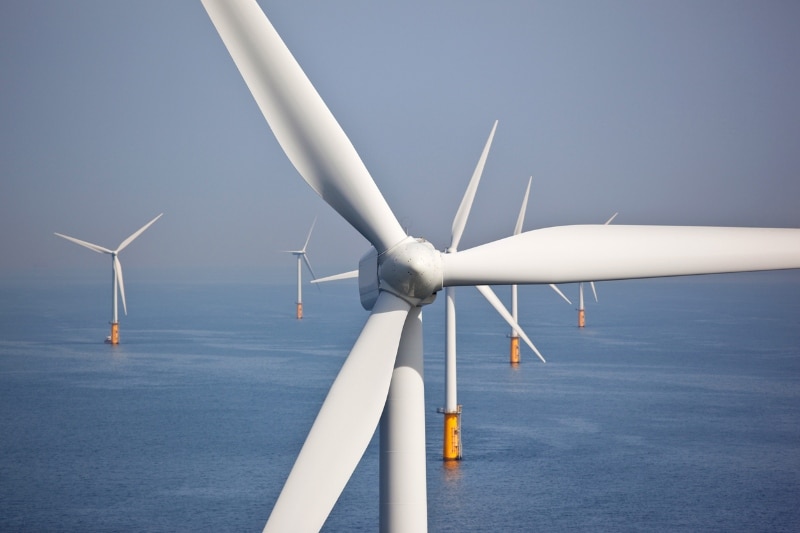In May 2021, the La Gan Wind Power Development Corporation agreed to collaborate with Vietnam’s Northern Center for Planning and Investigation of Marine Resources and Environment (CPIM) for the 3.5 GW La Gan offshore wind farm. The project, valued at around USD 10 billion, is being developed on behalf of Danish group Copenhagen Infrastructure Partners and local companies Asiapetro and Novasia Energy. Moreover, CPIM will partner with the Danish geological authority GEUS in order to deliver a geophysical survey and geological and marine usage study for the La Gan project. The project is planned to be built in two phases. The first 500 MW to 600 MW phase is scheduled to be up and running by 2024, and the remaining 3,000 MW is expected to be added between 2026 and 2030.
In 2013, Vietnam and Denmark entered a long-term cooperation agreement with the purpose of promoting a transition in Vietnam to a low-carbon economy. It is financed by the Danish government and administered by the Danish Energy Agency. The Danish Energy Agency cooperates with the Ministry of Industry and Trade (MOIT) in Vietnam through the joint Energy Partnership Programme (DEPP) between Vietnam and Denmark. This program ran from 2017 to 2020 and covered energy efficiency in the industrial sector, integration of renewable energy into the power grid and long-term scenario modeling of the energy sector. The next phase will be a five-year program that will run from 2020 to 2025 and will include offshore wind as a component and a workstream focused on developing economic incentive schemes for energy efficiency improvements in the industrial sector in Vietnam.
The World Bank projects that offshore wind will supply between 5% and 12% of Vietnam’s electricity needs by 2035, equivalent to 11 GW and 25 GW. The World Bank expects that conventional fixed offshore will make up the bulk of the offshore wind market in Vietnam, while floating solutions will likely be installed toward the end of the 2020s at a commercial scale.
Vietnam is an early adopter of offshore wind, with most projects located in the south. At the end of 2019, Vietnam ranked as the ninth-largest market for installed capacity of offshore wind, with close to 100 MW, which is higher than Japan, South Korea, and the United States.
(Sources: Hanoi Times; Offshorewind.biz; Danish Energy Agency)
Vietnam and Denmark Join Forces for the Construction of an Offshore Wind Farm

